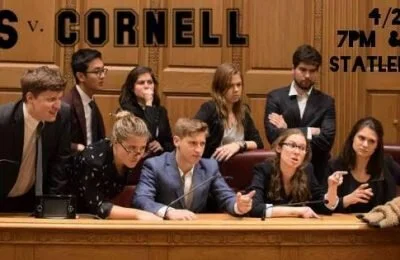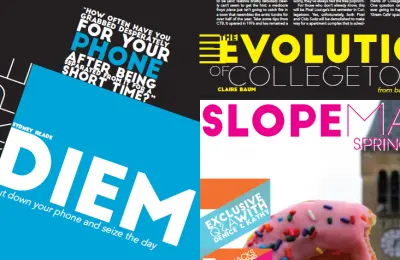Author: Jeremy Candelas
At some point in life, everyone has been in an email thread or a GroupMe spanning dozens of replies, trying to find a decent meeting time to fit everyone’s schedule. Then came Doodle polls, an impressive step in the right direction. And yet every time another meeting comes up, you have to create another poll and hunt down your peers, your e-board, your suitemates, or whatever group of the week it is for a response. Thankfully, Cornell grad Aditya Rahalkar ‘14, invented Calmeet, a simple solution to effortless meeting planning. We recently had the chance to sit down with Deip Majithia ‘16, Calmeet’s Director of Business Development to learn more.
What is Calmeet? How does it work?
Okay, so not quite magic, but close enough. Calmeet imports your calendars from Google and iCal, while also allowing you to integrate your contacts with the app. The next time you need to setup a meeting, the app will use a patent-pending algorithm to quickly suggest the top 10 times for your group to meet.
Everyone hates planning meetings.
Majithia explained that one of the main ideas behind the application was that “We send emails, texts, GroupMe messages – but half the time no one is responding! So now you’re having to take the time to keep asking people to respond to a Doodle poll, and either spending your time waiting for a response or reaching out individually to each member asking them to respond.”
Whether you’re in a business fraternity, a group project, or in the workplace, it’s always an issue.
For Majithia, part of what pulled him into working with the startup was just how applicable the app was to his day-to-day life.
“In Alpha Kappa Psi, we had to schedule individual interviews with 64 brothers, that means we had to draft 64 emails, get responses, and somehow find a time that works for both parties. You spend so much time finding a time to meet that you forget what you’re actually supposed to talk about,” continuing, “Similarly, in banking, the common method to schedule meetings was to ‘request to view calendars’, pull up all your colleague’s calendars, and manually go over the times when everyone was free to meet. Yet, in one touch with Calmeet, all of that would have been solved!”
You don’t even have to leave your old programs.
“As Director of Business Development, part of my job is to help expand our user base, reaching out to different organizations about Calmeet, and getting their feedback. Many individuals are hesitant to quit their old apps for another, and that’s why we don’t ask them to leave their old app – the beauty of Calmeet is that you can still integrate the calendar of your choice to make meeting planning even easier.” And soon you will also be able to integrate your GroupMe circles, Facebook contacts and groups, and more!
But wait… how much does this cost?
Nada, zip, zilch – Calmeet is totally free! Users see no cost, and to support itself and future endeavors, the backend development of the app will allow for businesses to target their core customers in a way it has never done before. According to Majithia, Calmeet already has 20,000 events in its database, and as that number increases, the backend will become even more valuable.
So what are you waiting for? Sign up today!
The app can be downloaded from the Apple App store at no cost here: Calmeet
Lastly, what advice does Majithia have for others who want to get into the startup scene?
1. “Get out of your comfort zone. There’s a quote that says ‘Change is the only constant; never fear change, always welcome it.’ I came into Cornell with a passion for Finance, but not until senior year did I realize that the startup and tech scene was also something I was interested in.”
2. “Leverage your resources, because these four years give you countless opportunities. Cornell organizes so many conferences, to name a few that were very extremely valuable, a startup & tech conference that cost me just $2, an energy conference organized by the Johnson School, and a NYTimes DealBook conference that Andrew Sorkin ‘99 gave us a huge discount on to be able to attend since we were college students. It was there that I was able to see two key inspirations, Peter Thiel (one of the cofounders of PayPal) and Chris Sacca (a Silicon Valley venture investor), who really drew me into the startup scene.”
3. “Shoutout to my partner, Adi, who I think is out of this world, he’s really not from planet earth. His determination and perseverance allowed him to graduate early and teach himself how to code. What’s even more surprising is his humility and welcoming attitude, that makes me really look up to him. So when someone asks me, ‘What company should I work for or what venture should I get involved in?’ I say always invest your time in the right people and not just a big brand.”













